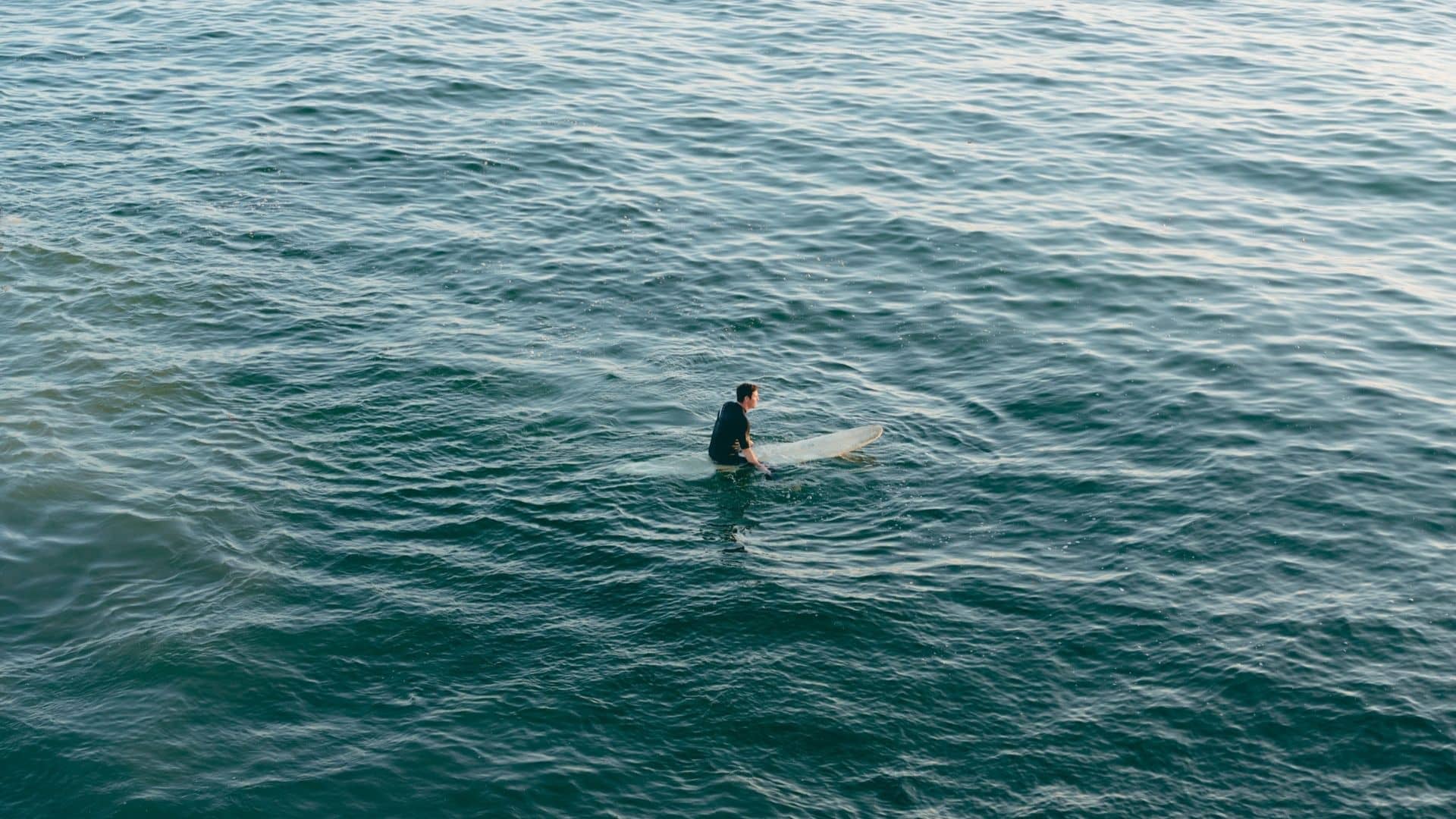Expat life is challenging and complex
Sometimes we focus on how expat life is more complicated and challenging than “regular” life. We’ve got all the normal stresses, PLUS the added hardships of being far away. We’re navigating multiple timezones and currencies. We’re struggling with our sense of identity, … and so much more.
Right now during the Covid-19 pandemic of 2020, many expats feel trapped because mobility is restricted. The comfort of knowing they could catch a plane if they really wanted to has evaporated.
So yes, our lives are harder.
But today I want to offer a different perspective.
Expats are used to living with uncertainty
I’m reminded of the space between jobs that international school teachers endure. Typically, we resign from one job, and several months pass before we’ve secured a new job. During that time we live in a limbo, excruciatingly aware that life as we know it has ended (or has an expiration date). We have no idea what the next life will be like.
That limbo is VERY uncomfortable. Alongside a sense of excitement / adventure / possibility, there’s a pervasive uncertainty that’s unpleasant and exhausting. We have many questions which simply don’t have answers.
But eventually the limbo ends. We’ve got the security of a new job. We’ll be moving to a real place! We can begin to have realistic thoughts about what’s to come.
We know: Uncertainty ends
After doing this a time or two, we know that the uncertainty ends. And what’s on the other side is good. We still can’t know what our new life will be like, but we know we will have a new life … with goodness and grit and irritation and chaos and joy and wonder.
Our sense of control is an illusion anyway
During our first year abroad, there were riots in Bangkok. Even though we were pretty insulated from the unrest, our families had concerns.
A colleague who’d been through a coup in Thailand shattered my ideas that “I could escape if I really wanted to.” She explained that during the coup the country was under military rule.
Borders were closed. There were no flights and no trains. ATMs and cell phones didn’t work. Radio stations, tv stations and the internet were shut down. The only access to information was paper propaganda flyers. Streets were patrolled by tanks to enforce strict curfew.
No matter how much money you had or which passport you held, you weren’t going anywhere!
The next year our families breathed a sigh of relief that we hadn’t taken the job in Cairo. Uprisings in Egypt made life so unstable, many expats left the country. We felt fortunate to have a relatively safe and stable place to live.
This year the ocean rose up and threatened to consume our house. I was reminded how powerless we are. I felt a sense of impending doom with the advance of an overwhelming force. Similar to how many across the globe feel now about the pandemic.
Life has a way of reminding us we’re not in control.
Expats are better prepared for the uncertainty of a pandemic
AT THE SAME TIME expats cope with extra challenges, we are better prepared for uncertainty. In fact, we live with constant uncertainty. Even when we’re relatively settled in a place, we don’t have full ownership and full knowledge of local ways. It’s almost daily that I think or say, “I don’t know what just happened there” or “I don’t know why…” or “I don’t know how….”
Here are a few ways expats are prepared for the challenges our world is currently facing.
When we hear stories from expats living in China and Italy, we trust those stories. Those people aren’t exotic, strange or different. We know them. They ARE us.
When we hear stories from locals in China, Italy, or anywhere else, we trust them. We know they’re simply people, like us, living life.
We’ve already had “life as we know it” turned upside down. We’ve had our sense of security ripped away. And we’ve come through that to the other side, to see beauty and find new security and comfort.
We’re used to being painfully far away, separated from our dear loved ones and friends. We’ve already come to terms with not being around for so many important life events like marriages, funerals, and gatherings. We’ve got this whole physical distancing thing.
We have a broader perspective. We know that people around the world live very good lives, even without “necessities” like uninterrupted power, an efficient postal system, or the best healthcare.
We don’t take stability for granted. We’ve experienced things like unrest, coup, military rule. We’ve lived through the horror of Fukushima.
And we’ve come out the other side. Scarred … AND stronger.
This is exactly what I heard – and more – in a discussion amongst TCKs.
TCKs have an advantage
I saw a discussion amongst TCKs who said they felt differently about the pandemic than people around them. Without minimizing the seriousness at all, they were somehow able to approach the situation with less fear. They were getting prepared, but not feeling panicked.
This was in stark contrast to what they observed in people around them. Especially compared to countries where life has been pretty stable for many decades (such as the United States). They saw a lot of “sky is falling” sentiment with zero sense of perspective … a sense of doom with no boundary.
This led me to take one TCK’s words and create this graphic. I feel it captures the essence of the TCK (and expat) advantage.
We know how to wait in the unknowing

Many TCKs (and expats) have lived through general chaos … riots, revolutions, wars … loss of power and water, hyperinflation, evacuations … Fukushima nuclear reactor meltdown, and so many more situations.
We’re not confronting a sense of danger and mortality for the first time.
Things shutting down doesn’t bring on an existential crisis.
We already know money can’t insulate you from some problems.
Be encouraged: Your kids are gaining resilience as we speak! This will serve them well in decades to come.
We’ve built resilience rather than fragility
We’ve been shaken to the core when our basic assumptions about how things are supposed to work were decimated. Usually this happened while surrounded by a nation of people going about their business. We saw different ways of being, and living, and responding.
This has built resilience. We’re no longer fragile.
I think the U.S. – generally speaking – is fragile. Of course many people have traveled and hold a larger worldview. But the majority of U.S. citizens have lived their entire lives in the same country with very little (if any) international travel. They’ve enjoyed several generations of stable, reliable systems & infrastructure. (Even World War II was further away than it was for much of the world.) Any disruption of services is cause for outrage!
Shine your light. The world needs you.
We have a superpower. And we have a responsibility. To be leaders. To shine a light. To lift each other up. To let people know it’ll be ok.
We have a responsibility to let people know it’ll be ok.
Even if life after the Covid-19 pandemic is nothing like what we’re used to now, it will be worth living.
Start by shining the light in your own family. Have confidence in the choices that led you to this life abroad. Focus on what you can control, even while remembering that control is an illusion. Love your dear ones in ways that you have no regrets. Make these days, weeks and months count.
Free resource –>>
If you’re getting ready for some type of lockdown, grab these quick tips: practical preparations + attitude adjustments.
In the VIP vault










cialis online europe cialis 20mg gneric cialis